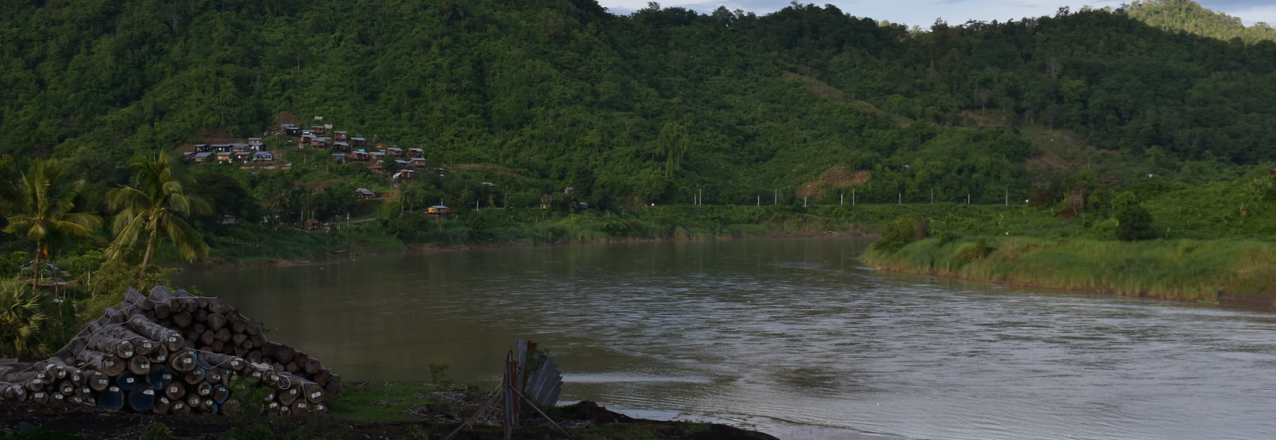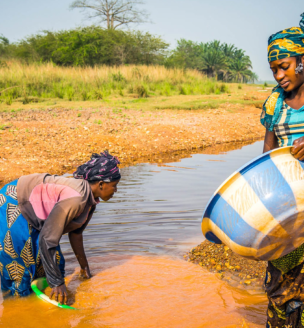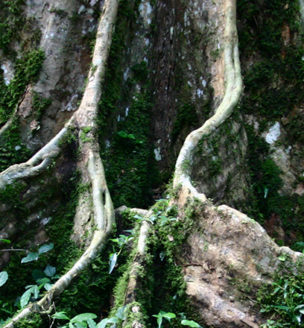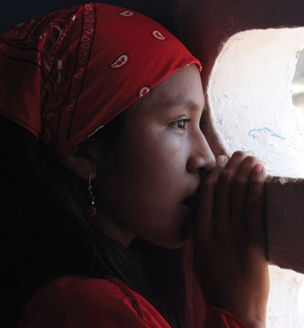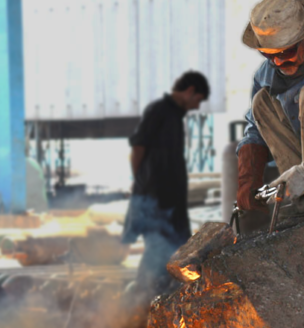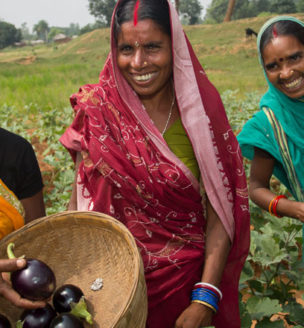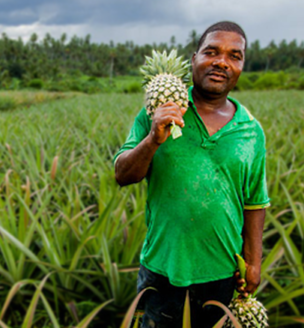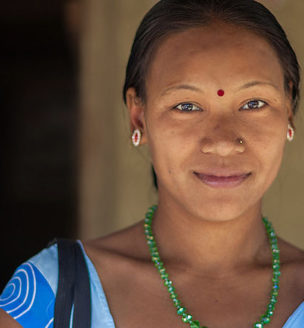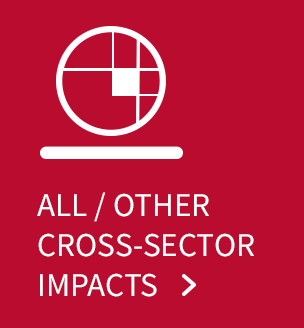Land and the systems that govern land, resources, and property rights are central to many of our most pressing development issues: eliminating extreme poverty, reducing hunger and malnutrition, preventing conflict, empowering women, sustainably managing resources, and addressing a rapidly changing climate. From the Sustainable Development Goals to the Paris Climate Change Agreement and the New Urban Agenda, the global community is increasingly recognizing the importance of addressing land governance as a powerful tool to help achieve these critical priorities.
However, land and resource governance systems in many countries are weak, opaque, and ineffective. Understanding how these systems function, how they can be strengthened, and how that impacts other development sectors is critical to much of the work we do at USAID. That is why USAID has produced a suite of research, tools, success stories, data, programming examples, and other resources: to help our partners and our programs better understand, clarify and strengthen the land tenure and property rights of all members of society, especially women—enabling broad-based economic growth, gender equality, reduced incidence of conflicts, enhanced food security, improved resilience to climate change, and effective natural resource management.
Artisanal and Small-scale Mining
The drivers of ASM depend on local conditions and are a complex mix of poverty, corruption, weak or conflicting regulatory oversight, economic pressures, organized crime, tradition, and lack of access to opportunity and education. Learn more »Climate Change and Natural Resource Management
Explore issue briefs, programs, research, and other resources on land’s cross-sector impact on climate change and natural resource management. Learn more »Conflict
Explore issue briefs, programs, research, and other resources on land’s cross-sector impact on conflict. Learn more »Economic Growth
Explore issue briefs, programs, research, and other resources on land’s cross-sector impact on economic growth. Learn more »Food Security
Explore issue briefs, programs, research, and other resources on land’s cross-sector impact on food security. Learn more »Green Energy Minerals
Explore issue briefs, programs, research, and other resources on land’s cross-sector impact on green energy minerals. Learn more »Responsible Land-Based Investment
Explore issue briefs, programs, research, and other resources on land’s cross-sector impact on responsible land-based investment. Learn more »Women’s Empowerment
Explore issue briefs, programs, research, and other resources on land’s cross-sector impact on gender equality and women’s empowerment. Learn more »Environmental and Natural Resource Management Framework
Sound management of environmental and natural resources is integral to a country’s development, resilience, and self-reliance. Learn more »All/Other Issues
Explore issue briefs, programs, research, and other resources on land’s cross-sector impact on other issues. Learn more »


